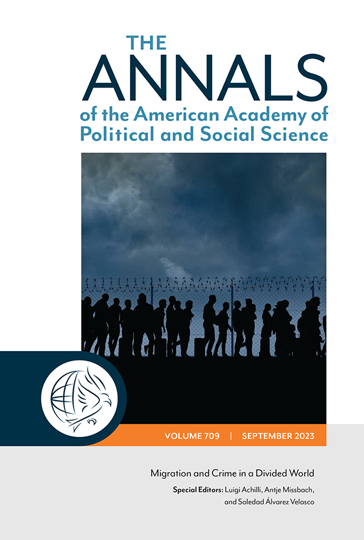Contemporary research shows that current migration policies and technologies produce criminality. It would be advantageous, then, to understand how migrants make sense of and respond to these criminalizing migration policies, technologies, and practices. This volume delves deeply into criminalization processes, focusing on how migrants perceive and react to the enactment and implementation of policy. The articles take a close look at the day-to-day experiences of criminalized migrants, advancing our understanding of some of the societal effects of migration policies and of the relationship between criminalization and migration.
The collection of work presented in this volume seeks to inspire more critical scholarship, given that public narratives about migration tend to present narratives of tragedy and despair only. The special editors argue that policy and public understanding of migration can improve if we understand more about how, exactly, migrants respond to their criminalization and how they manage to sustain their migratory projects and their lives.

